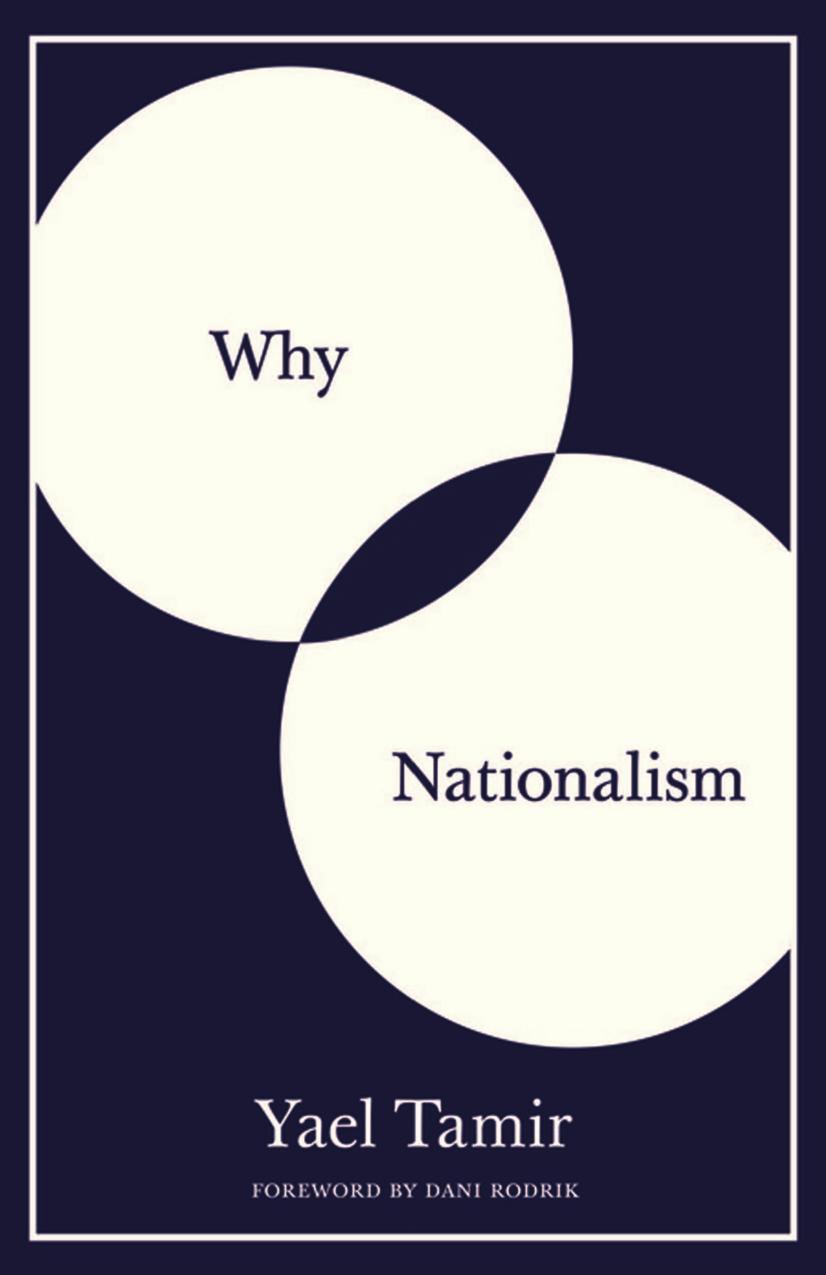Why Nationalism by Yael Tamir

Author:Yael Tamir
Language: eng
Format: epub, pdf
Publisher: Princeton University Press
Published: 2020-02-15T00:00:00+00:00
National education made a heroic attempt to erase (or reduce) class differences, thus creating the conditions for internal mobility, opening up for members of the lower classes a wide range of political and economic opportunities. Sharing a language reduced training costs, encouraged people to move from one part of the country to another, and enabled social and economic change. The homogenization of culture and language served both the economic need for professional adaptability and the democratic demand for shared deliberations. Nationalism, democracy, and the (internal) mobility of labor reinforced one another, bringing the classes closer together, allowing discourse across different social groups, making the nation-state the first political entity grounded in a social-cultural alliance that gives place to the people as well as the elites.
Although nationalism started as a project of the elites, in order for it to materialize, the elites had to gather the support of the people. For that purpose, they have created a cross-class coalition offering all citizens a set of valuable goods and opportunities. It is important to emphasize that for social cooperation to prevail, participants need not attain identical goods and benefits; it is sufficient that they secure for themselves significant benefits they could not have otherwise acquired. What were the benefits the nation-state guarantees its members?
Democratic nationalism justified the creation of new political units, thus allowing elites to concur on new grounds. Power was transferred from the monarchs and their courts to the hands of the many; political elites and state bureaucrats assumed the task of fostering the new political institutions; intellectual and creative elites joined forces to fashion the national culture and narrative; financial and industrial elites worked together to produce the nationâs wealth; military elites and security forces were recruited to defend the nation; the intellectual elites benefited from nurturing the national sciences, while those who mastered new professionsâcommunication, music, sports, and the artsâwere encouraged to perform and create. Members of the different elite classes thus benefited from the shift of power from monarchs and autocrats into the hands of the nation. After seizing power the elites turned to recruit the people to support and protect their project. National movements, Tom Nairn claims, have invariably been
populist in outlook and sought to introduce lower classes into political life. In its most typical version, nationalism assumed the shape of a restless middle class and intellectual leadership trying to set up and channel popular class energies into support for a new state.4
Download
This site does not store any files on its server. We only index and link to content provided by other sites. Please contact the content providers to delete copyright contents if any and email us, we'll remove relevant links or contents immediately.
| Elections & Political Process | Ideologies & Doctrines |
| International & World Politics | Political Science |
| Public Affairs & Policy | Specific Topics |
| United States |
The Secret History by Donna Tartt(18973)
The Social Justice Warrior Handbook by Lisa De Pasquale(12172)
Thirteen Reasons Why by Jay Asher(8856)
This Is How You Lose Her by Junot Diaz(6845)
Weapons of Math Destruction by Cathy O'Neil(6229)
Zero to One by Peter Thiel(5743)
Beartown by Fredrik Backman(5691)
The Myth of the Strong Leader by Archie Brown(5474)
The Fire Next Time by James Baldwin(5398)
How Democracies Die by Steven Levitsky & Daniel Ziblatt(5183)
Promise Me, Dad by Joe Biden(5120)
Stone's Rules by Roger Stone(5060)
A Higher Loyalty: Truth, Lies, and Leadership by James Comey(4923)
100 Deadly Skills by Clint Emerson(4888)
Rise and Kill First by Ronen Bergman(4747)
Secrecy World by Jake Bernstein(4712)
The David Icke Guide to the Global Conspiracy (and how to end it) by David Icke(4664)
The Farm by Tom Rob Smith(4475)
The Doomsday Machine by Daniel Ellsberg(4463)
